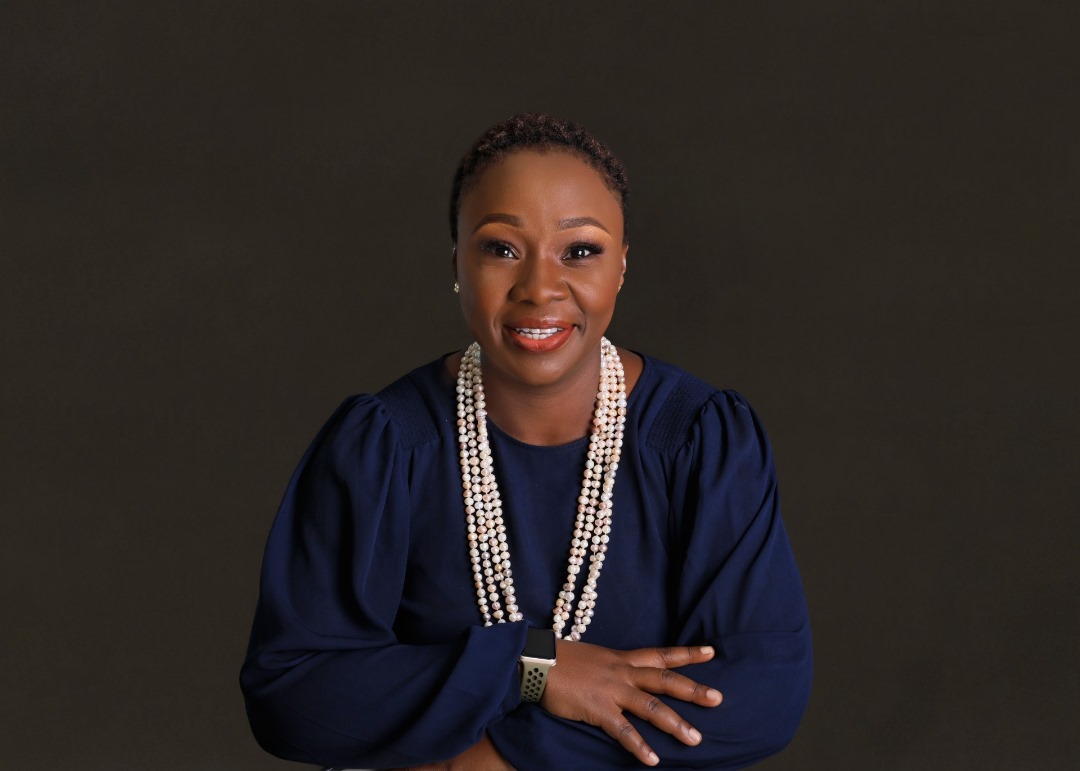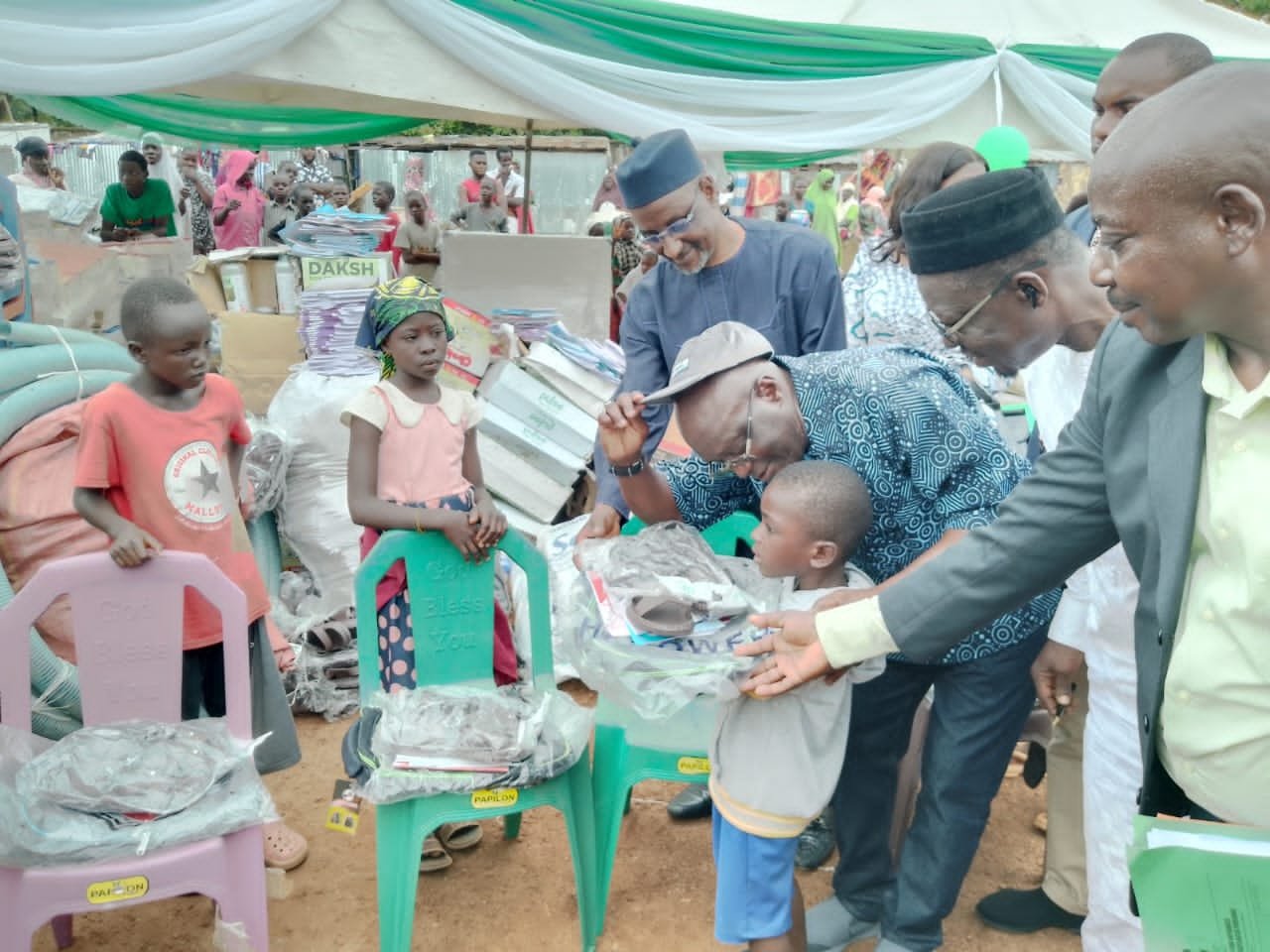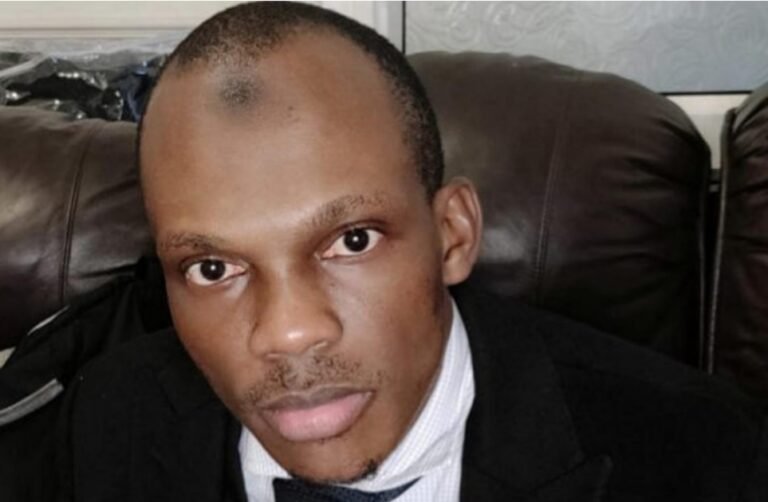171 total views today
Abigael Joshua
Dr Alim Abubakre, British Nigerian, founder of United Kingdom-based firm TEXEM UK, says the path to Nigeria’s progress lies in having effective and strategic leaders.
Abubakre, who spoke with the News Agency of Nigeria (NAN) in Abuja while commemorating Nigeria’s 63rd Independence Anniversary, says it is a moment of reflection and an opportunity to chart a brighter future for the country.
He says he has an individual social responsibility to share insights on effective and strategic leadership informed by his privilege of engaging over 4,000 leaders globally.
“As Nigeria celebrates its 63rd independence anniversary, it is a moment of reflection and an opportunity to chart a brighter future for the nation.
“Every time I speak with leaders, I observe that they agree that executives in government and business play pivotal roles in shaping Nigeria’s destiny,” Abubakre said.
According to him, the billion-dollar question is: What values do strategic leaders in Nigeria need to succeed in this fast-paced, increasingly volatile and competitive world?
“Peter Drucker, a management guru, once asked, “What needs to be done?”. This question, along with another critical inquiry, “What is right for the enterprise?” should guide the decisions and actions of our leaders.
“These two questions encapsulate the essence of effective and strategic leadership,” Abubakre said.
The TEXEM founder cited cases of successful leaders from emerging countries who have demonstrated leadership qualities, which he said are valuable examples for Nigerian present leaders to emulate.
“Taking responsibility is an essential quality of leadership. When Lee Kuan Yew led Singapore to independence, he took full responsibility for the decisions made.
“His commitment to good governance and economic development transformed Singapore into a global economic powerhouse.
“Furthermore, strategic leaders take responsibility for their decisions, a trait exhibited by Dr Ngozi Okonjo-Iweala, the first African female DG of WTO,” Abubakre said.
He said Okonjo-Iweala’s new focus on sustainability and efforts to inspire the WTO to focus on core values and strive to update the WTO rulebook to address 21st-century challenges should inspire leaders in Nigeria to take responsibility.
With respect to effective communication attribute, Abubakre said
China’s leaders have understood the importance of effective communication in conveying their vision for the country’s growth.
On the home front, he said leaders like MKO Abiola and Tony Elumelu are known for their effective communication skills, rallying stakeholders around a shared vision for entrepreneurship, economic empowerment and political liberation in the case of Abiola.
Abubakre also advised Nigerian leaders to turn challenges into vitamins, like the case of South Korea.
“Leaders in South Korea, faced with adversity after the Korean War, turned challenges into opportunities by investing in education and technology. South Korea is known for its innovation and economic strength today,” he said.
Speaking on productive meetings, another leadership quality, Abubakre said
Jack Ma, the founder of Alibaba Group, is renowned for running effective meetings.
“His ability to facilitate discussions and encourage collaboration has contributed to his company’s success.
“For those who prefer a Nigerian example, I share the nation’s icon, Amina J. Mohammed, Nigeria’s Deputy Secretary-General of the United Nations.
“Ms. Amina is adept at running productive meetings and fostering international cooperation despite the diverse interests of the UN’s five veto-wielding countries,” he said.
Calling for stakeholder engagement by Nigerian leaders, Abubakre said that Brazil’s leaders, especially during the Lula da Silva era, effectively engaged stakeholders to address issues like poverty and inequality, leading to improved conditions.
“Also, one of Aliko Dangote’s unique selling points that is valuable, difficult to imitate and rare is his ability to engage with various stakeholders to build a successful enterprise.
“He has been employing tens of thousands, providing revenue for thousands of suppliers, generating revenue through tax for government and contributing to national growth,” he said.
Building prolific teams is another vital attribute advocated by the TEXEM founder.
Abubakre said that China’s tech giant Tencent, led by leaders like Pony Ma, empowers its teams to innovate and take ownership of projects, resulting in continuous growth and innovation.
Coming home, he said the founders of Nigeria, such as Obafemi Awolowo, Nnamdi Azikiwe, Anthony Ehahoro and Ahmadu Bello, set aside their differences to collaborate to negotiate independence for Nigeria, which is now celebrating its 63rd anniversary.
“Embracing the values of effective and strategic leadership is not just a choice but imperative for Nigeria’s progress in the 21st century.
“My experience with diverse, successful global leaders has revealed that if Nigerians incorporate these qualities into their leadership practice, they will succeed in championing good governance and nation-building.
“It requires leaders to look beyond personal interests and focus on the nation’s collective well-being. Sun Tzu wisely noted, ‘Opportunities multiply as they are seized’, ” Abubakre said.
He asserted that effective and strategic leaders grasp opportunities to create a better future for all that will endure.
Abubakre said that as Nigeria marks its 63rd independence anniversary, the people should heed the wisdom of these leaders and commit themselves to embracing effective and strategic leadership.
“In the words of Alfred Sloan, former CEO of General Motors, “The job of a leader is not to create greatness in people, but to create the conditions under which greatness is possible”.
“It is time for our leaders in government and business to create these conditions for a prosperous and united Nigeria,” he said.
Abubakre, a thought leader, and the founder of TEXEM, UK (www.texem.co.uk), is on the London Business School Africa Club advisory board and is a Sheffield Business School Senior Lecturer. (NAN) (www.nannews.ng)
Edited by Razak Owolabi














